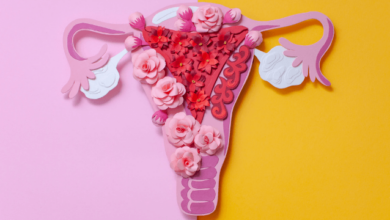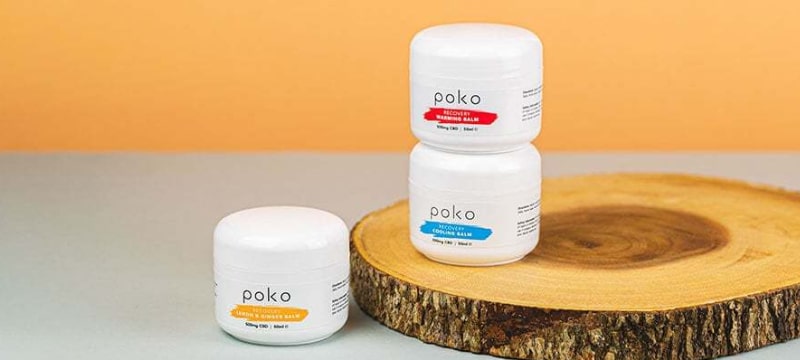
Pregnant mothers are eyeing up CBD as a valuable labour pain relief option. Some are even considering its potential instead of epidurals and other birthing drugs. There is a range of options for pain relief in labour including non-medical techniques and medical pain relief options such as nitrous oxide, pethidine and epidural anaesthesia.
Women are generally told to consider all options and be flexible, particularly when preparing for the birth of their first child. Be open to your birth plan changing is the message given by your midwife but the gold standard of childbirth is without doubt the natural birth process. But where does CBD fit in? Is it safe to take in utero and could it be an option on the birth plan?
Table of Contents
CBD in pregnancy
Severe vomiting in pregnancy is rare but still affects 1 in 100 pregnant women. Kate Middleton famously had it, known as hyperemesis gravidarum, or HG. Hyperemesis gravidarum is a pregnancy complication that is characterised by severe nausea, vomiting, weight loss, and even dehydration. It involves feeling faint and nauseous for days an end. It is considered more severe than morning sickness. CBD has been mentioned by thousands of mothers online that it has helped nausea, pain and even anxiety but we await clinical studies to back up what many see as fact.
Symptoms often get better after the 20th week of pregnancy but may last the entire pregnancy duration. The exact cause of hyperemesis gravidarum is unknown. It is debilitating and casts a shadow over what should be a special time in a woman’s life.
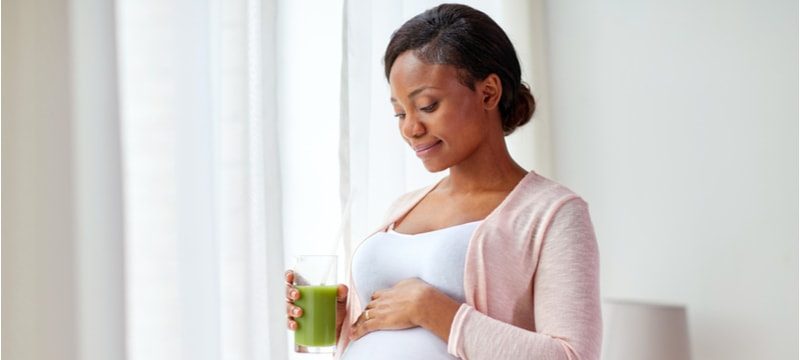
The Duchess of Cambridge brought some attention to the plight when suffering from HG during her world-famous pregnancies. Anecdotal evidence suggests submerging in a bath with a CBD bath bomb can really help and give almost instant relief or should you use a CBD balm to ease those muscles. HG can cause women to become dehydrated and malnourished and even hospitalized which is not good for mother or unborn child.
CBD seems to offer therapy for such conditions without harmful side effects to the mother and rare, if any, side effects to the fetus during pregnancy.
CBD could be a godsend for women battling with hyperemesis gravidarum (HG). No powerful, pharmaceutical method exists for this condition, however CBD can give prompt relief. There is clinical evidence that CBD can be highly effective in suppressing nausea and vomiting, both symptoms commonly encounteredhttps://www.theextract.co.uk/cbd-nausea-relief/ by expectant moms. So, it's no surprise that some pregnant women are getting on-board with it and trialing it in early labour too as a stress and anxiety reliever and using CBD as a cramp easer.
CBD for early labour cramps
CBD oil has been used for relief from cramps and labour pain very successfully. There is a long history of women using CBD and hemp to induce labor, stop bleeding, to help start the procedure of lactation and ease pain.
Every woman's experience of labour is different and it can go either way very quickly. With early labour you may have persistent lower back pain or abdominal pain, like a premenstrual feeling and persistent cramping. Painful contractions or tightenings that may be irregular in strength and frequency, and may stop and start, slow down and come in waves.
Early labour is very similar to that premenstrual feeling so lots of women have turned to CBD to get through the early stages.
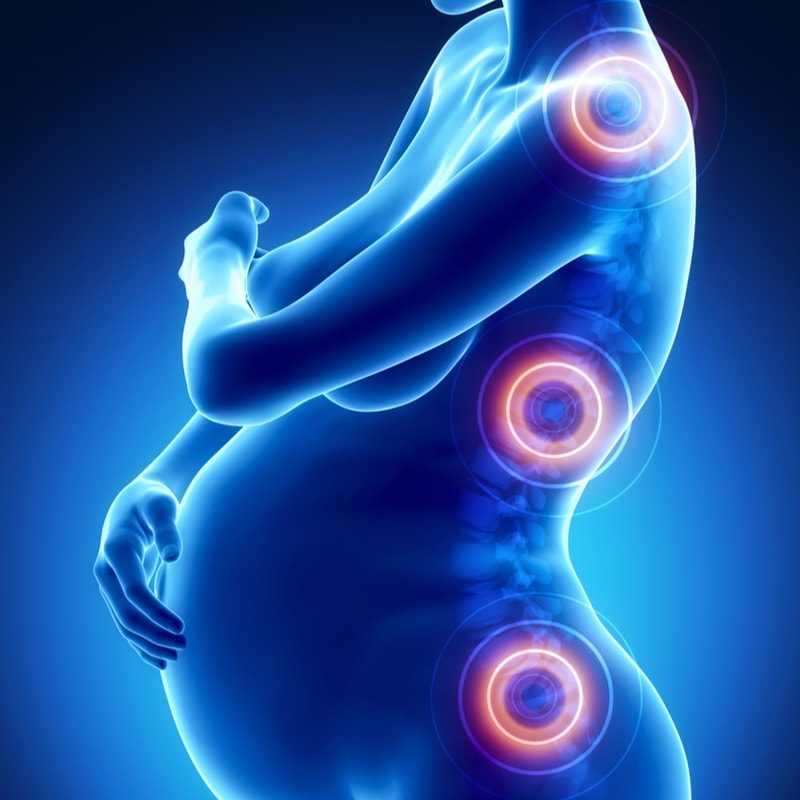
Natural childbirth is becoming the exception rather than the rule in our society. C-sections, inductions, and epidurals are closer to the norm today, and many women consider any labour that ends in a vaginal delivery as “natural” childbirth. The idea of a woman giving birth drug-free seems almost quaint, to the vast majority of society.
CBD could be a nice complementary solution to your holistic childbirth or used instead of an epidural, if you are a superwoman!
Also Read: How to get rid of period cramps?
Could CBD be a safe option for the delivery room?
Yes, hemp and cannabis have been used historically to assist with the successful delivery of babies going back centuries. And early research shows that CBD builds on the positive aspects of hemp whilst minimising the negatives.
In the book “CBD Treatments in Obstetrics and Gynecology: A Historical Review” Dr. Ethan Russo writes that parts of the CBD plant, including seeds and flowers, were used in Persia and China to bring on contractions, protect from stillbirths or miscarriages and stop postnatal bleeding. It’s got roots in gynaecological history that go way back. Dr. Leonard J. Corning, a neurologist in New York, was the first physician to use an epidural. In 1885 he injected cocaine into the back of a patient suffering from spinal weakness and seminal incontinence.
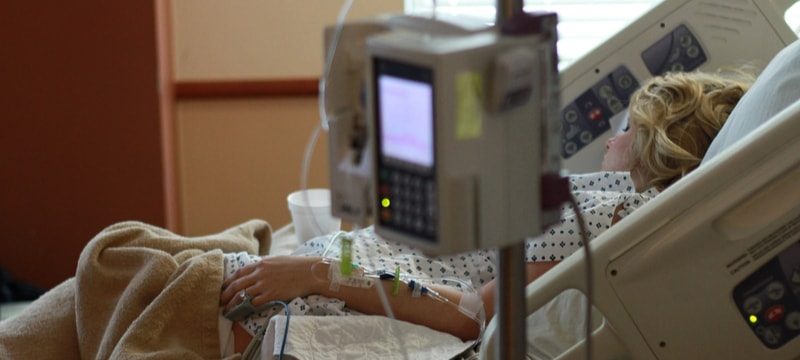
In an epidural, a local anesthetic (derived from actual cocaine) is injected into the epidural space (the space around the tough coverings that protect the spinal cord, ie the back). Epidurals block nerve signals from both the sensory and motor nerves, which provides effective pain relief but immobilizes the lower part of the recipient’s body.
There are lots of side effects with using an epidural – low blood pressure, loss of bladder control, uncontrollable shivering, nausea and backache to name a few. Women are actually turning to CBD to mitigate the stress of the build up to the big needle and many opting for no needle at all.
Can CBD be used for managing labour pain?
Yes, many mothers in the US report that CBD is great at managing labour pain and are raving about their experiences with CBD on online messaging threads. Hailing it as a hero compound in managing pain, using it as birth aids in place of epidurals.
Reports of CBD bath bombs to relax the body before going into hospital, to ease pain and speed up contractions are mounting. A company called Cannamommy.org in the States actively promotes CBD and THC for relief. Other mothers are using CBD cream to help reduce tearing of the cervix and help it stretch for crowning.
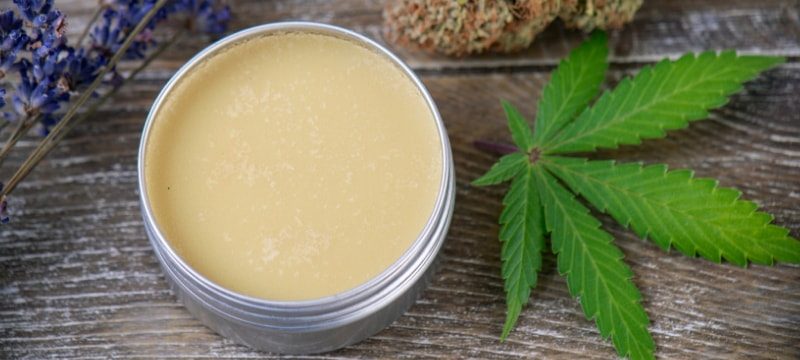
Message boards talk of the use of CBD oil vaginally, topically and orally leading up to during the recovery period after birth. Vogue even covered the topic back in July. I predict it is only a matter of time before the medical industry begins to re-consider investigating it as invaluable labour pain medication. In the meantime, mothers are taking their health into their own hands and treating themselves to bath bombs, cervical ointments, tinctures, distillate pills and CBD creams.
The Extract contacted midwife groups, ob-gyns, college of surgeons and The
Nursing and Midwifery Council, to get a professional opinion but have not had any reply to date. Midwife's hesitate to recommend CBD use during pregnancy, in part due to the existing body of research, which is sorely limited and has stated that cannabinoids could be harmful to both mothers and their babies. The jury is still out. More research is needed there is just not enough evidence to prove efficacy.
The social, political, and scientific tide is turning and this may ultimately reshape everyone’s take on CBD for expectant mothers. In the meantime, the best advice is to always consult your medical practitioner and work with your gynecologist to create a safe, healthy treatment plan that is best for mother and child.
Low dose CBD, topicals and CBD bath bombs to destress
The largest survey on cannabidiol or CBD usage to date found that women were more likely than men to use CBD and once they started using it, were likely to drop their traditional medicine. Some advocates believe low-dose CBD will be the multivitamin of the future along with folic acid. A CBD bath bomb seems like a safe choice or topicals as they both don’t enter the bloodstream, therefore not exposing baby. We recommend you read a CBD dosage guide and find the best solution for you as a individual to meet your needs.
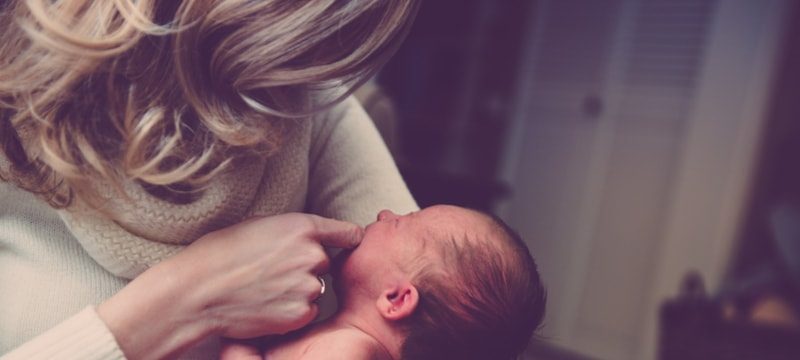
A CBD candle is an option if you are very cautious – having all the benefits of aromatherapy plus creating a stress-free zone in the delivery room. An environment that is zen, a relaxed (as much as one can be) healthy mother-to-be and a safe delivery is the objective. Ultimately it is a conversation between an expectant mother and her embryo.
Where do you sit on this debate?
Walking billboard, on the fence, or anti?
You may also like to read: Can CBD help with PCOS?


